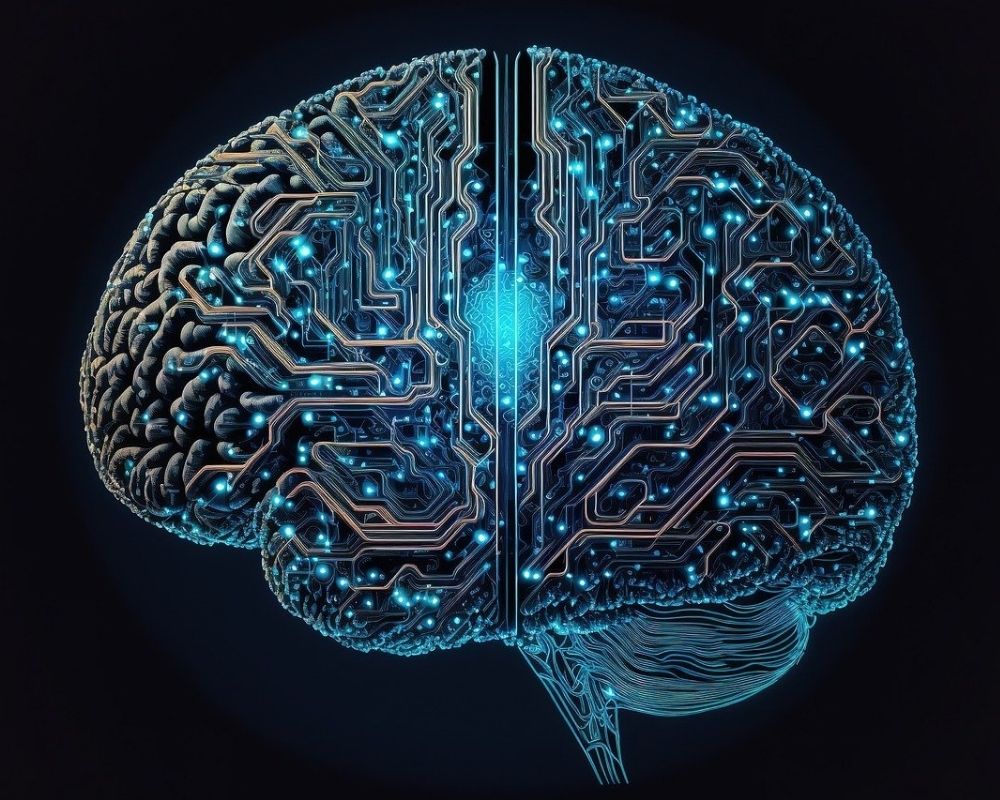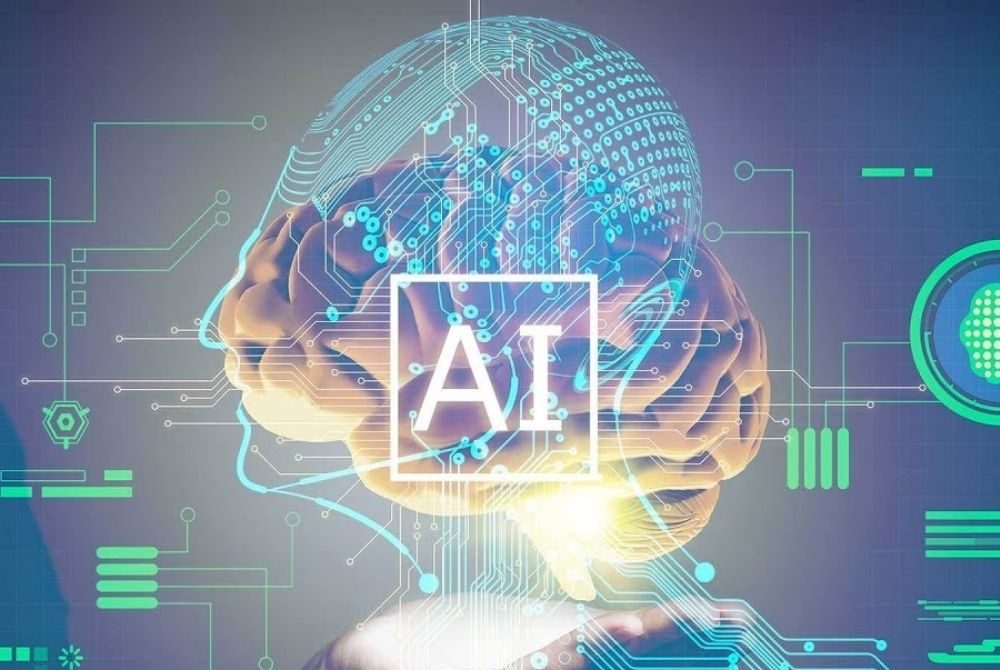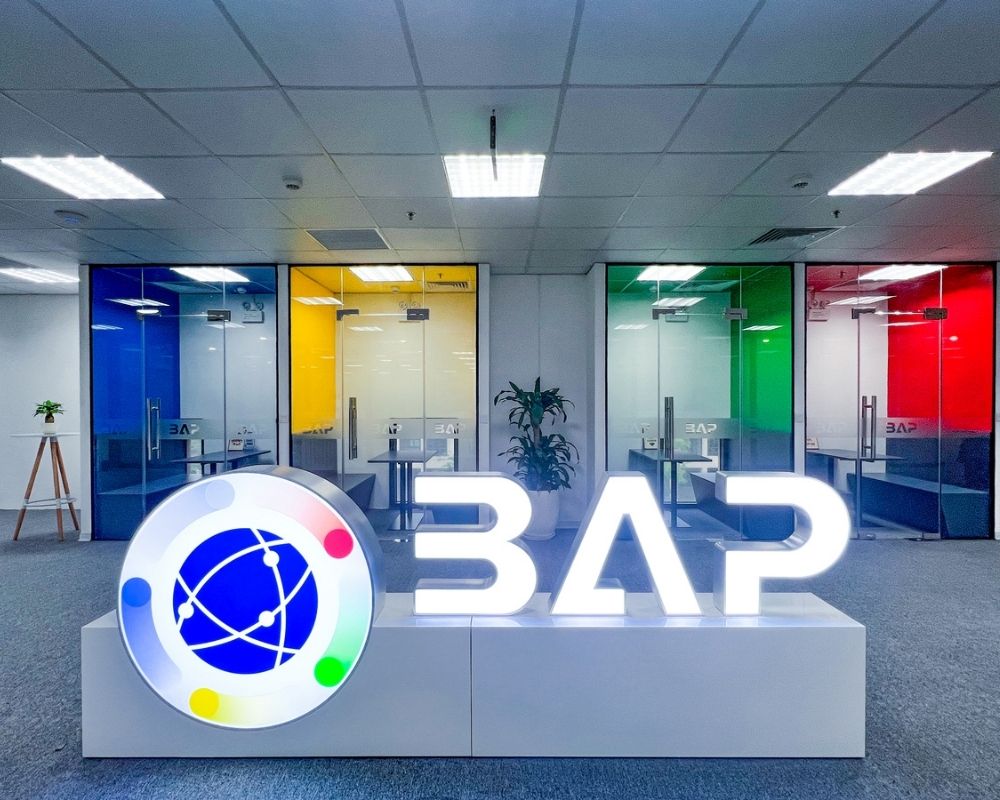While Artificial General Intelligence (AGI) remains a future ambition, Narrow AI (ANI) – Artificial Narrow Intelligence – is the present-day technology that’s delivering tangible value every day. So what exactly is Narrow AI, and how can businesses leverage it effectively? This article will provide the answers.

What is Narrow AI? How Businesses Are Leveraging ANI Technology. Source: University of Cambridge
What is Narrow AI (ANI)?
Narrow AI (Artificial Narrow Intelligence – ANI) refers to AI systems designed to perform a specific task with high efficiency. This is the most common and visible form of AI today, widely used in various fields from daily life to enterprise operations.
Unlike AGI (Artificial General Intelligence), which can reason like a human, or ASI (Artificial Superintelligence), which surpasses human intelligence, Narrow AI lacks consciousness and cannot comprehend context beyond its training. It excels at one single task for which it is programmed or trained.
Key Features of Narrow AI
Task-Specific Focus: Examples include language translation, facial recognition, and behavioral data analysis.
Lacks General Reasoning Abilities: Cannot handle tasks outside its training scope.
High Accuracy with Large Datasets: Trained on extensive data, Narrow AI achieves high precision.
Common Real-World Examples of Narrow AI
Virtual Assistants: Siri, Google Assistant – voice recognition and scripted responses.
Content Recommendation: Netflix, YouTube, Spotify – analyze user behavior to suggest content.
Machine Translation: Google Translate – translates text using deep learning models.
Computer Vision: Medical image analysis, object detection, product defect inspection.
Finance: Credit risk assessment, fraud detection.
Comparison: ANI – AGI – ASI
| AI Type | Capabilities | Real-World Examples |
|---|---|---|
| Narrow AI (ANI) | Excels at one specific task | Chatbots, image analysis AI |
| AGI | Performs various tasks like humans | Not yet existent, still under research |
| ASI | Surpasses human intelligence | Theoretical, not yet developed |
In summary, Narrow AI is the most accessible form of AI today. While it doesn’t fully replace humans, it delivers high efficiency when applied to the right business problem.

The Concept of Narrow AI and a Quick Comparison with Other Types of AI Source: Mint
Why is Narrow AI So Popular and Important Today?
Although it lacks the generalization capabilities of AGI, Narrow AI is currently the most powerful driver of digital transformation. Here’s why it’s become essential for businesses:
- Practical and Easy to Deploy
Narrow AI doesn’t require supercomputers or complex algorithms like AGI. It can function effectively with single-task models and the right datasets, making it suitable even for SMEs.
- Cost-Effective Implementation
Focused on one task, Narrow AI models are less expensive and quicker to train than multi-tasking systems. Businesses can invest gradually and scale based on real-world needs.
- Measurable Value Creation
Reduced operating costs through automation.
Increased productivity and accuracy in repetitive tasks.
Enhanced customer experience via personalized services.
Optimization of supply chain, marketing, and internal operations.
- Gateway to Full Digital Transformation
Narrow AI offers a safe and effective entry point into AI, laying the groundwork for more advanced applications like AGI. It’s a crucial first step for sustainable digital transformation.
Hence, Narrow AI is not just popular but also the ideal starting point for businesses looking to implement AI with low risk, clear benefits, and optimized costs.

The Importance of ANI – Source: Vietnam+
Real-World Applications of Narrow AI in Business
Narrow AI is creating significant value across various industries thanks to its feasibility, affordability, and measurable results. Below are some practical applications businesses can adopt immediately:
Smart Customer Service
Chatbots answer FAQs and support users 24/7.
Callbots handle calls, record needs, and simplify customer data intake.
Examples:
TPBank uses an integrated chatbot in its banking app for instant consultation and account opening.
Tiki’s multi-channel virtual assistant increases order processing rates and reduces customer service costs.
Data Analysis and Behavioral Prediction
Predict consumer behavior and optimize ad campaigns.
Analyze transaction history to boost revenue or reduce risk.
Examples:
Lazada uses AI algorithms to offer personalized product recommendations based on shopping behavior.
Momo applies data analysis to tailor promotional offers to users’ needs.
Process Automation (RPA + AI)
Optical character recognition (OCR), email classification, automated invoice processing.
Quality control via computer vision.
Examples:
Viettel Post uses RPA combined with AI to digitize invoices, reducing data processing time.
Vinamilk employs AI Vision to inspect bottle caps and labels on production lines.
Security and System Protection
Monitor system access patterns to detect anomalies.
Biometric authentication via face or fingerprint recognition.
Examples:
VPBank uses AI to prevent suspicious transactions in real-time.
MB Bank integrates AI-powered eKYC into its online account opening process.
Recruitment and HR Management
Automatically screen resumes, assess video interviews using AI.
Examples:
TopCV integrates AI to evaluate and score job applications.
FPT Software leverages AI to optimize large-scale recruitment processes.
These applications prove that Narrow AI is not just a trend but a practical solution to improve productivity, reduce costs, and enhance service quality.

How Businesses Are Leveraging AI Source: Bonfiglioli
Practical AI Solutions from BAP Software
As Narrow AI adoption surges globally, BAP Software has emerged as a trusted tech partner in Vietnam, offering tailored AI solutions for industries such as manufacturing, retail, finance, and logistics.
Core AI Technologies from BAP
According to BAP Software’s official website, businesses can access practical AI technologies including:
OCR (Text Recognition): Extracts text from invoices and printed documents – enabling digitization and data entry automation.
AI Vision (Image Processing): Detects product defects, recognizes faces, gender, and age – useful in manufacturing and retail.
Natural Language Processing (NLP): Analyzes language, sentiment, and content – applied in chatbots, social listening, and internal data processing.
Voice Recognition: Converts speech to text and summarizes calls – suitable for call centers and smart voice systems.
AI Performance Optimization: Reduces AI training costs using Kubernetes – ideal for scalable, flexible enterprise environments.
Why Choose BAP Software?
Real-World Consulting: BAP’s consultants come from diverse industries and understand real business problems and data.
Advanced Technologies: Applies modern AI models (Deep Learning, Computer Vision, NLP), customized for each industry.
Flexible Deployment: Offers both custom and packaged solutions, seamlessly integrated with existing ERP, CRM, or CMS systems.
Optimized Costs: Modular deployment and phased investment approach enable easy AI adoption for SMEs.
Key Projects by BAP
Defect Detection in Manufacturing (Vision AI): BAP deployed an AI system in Japanese factories to inspect product quality, reducing human oversight errors by over 80%.
Invoice Processing (AI + RPA): In logistics firms, BAP’s solution handles thousands of invoices daily, cutting data entry time by 50%.
AI in Fintech: Built a finance platform with AI-powered investment suggestions and risk analysis based on market data and user profiles.
Multilingual AI Chatbot for E-Commerce: BAP developed a natural, multilingual chatbot successfully deployed in both Japan and Vietnam.

BAP Software Provides Comprehensive AI Solutions for Businesses Source: BAP Solution Japan
Conclusion & Advice for Businesses
Narrow AI is no longer just a concept of the future – it’s already transforming every aspect of business operations. With low implementation costs and easily measurable ROI, it’s the ideal stepping stone for Vietnamese businesses to embrace the AI era smartly and sustainably.
Start with specific, measurable use cases. Contact Partner with reputable AI providers like BAP Software for real-world, high-impact solutions.












